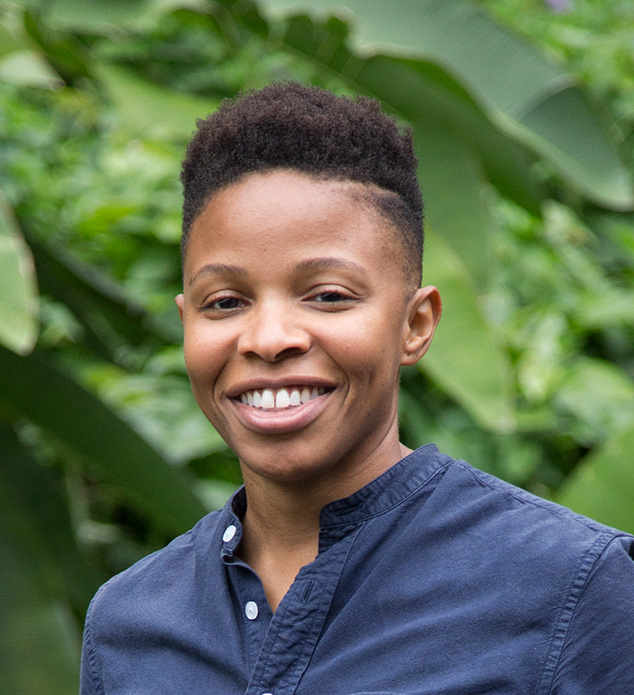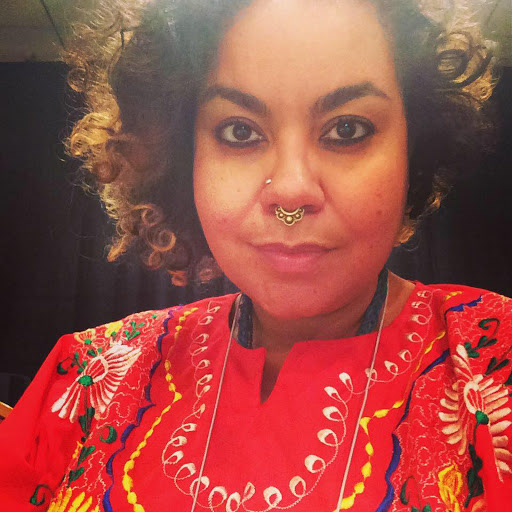
Prentis Hemphill

Psychotherapy teaching and practice has significantly neglected a reckoning with embodied racialised trauma. There have been significant contributions made over the years yet integration of embodied racialised trauma and its treatment and practices of care have failed to really show up institutionally whilst there are practitioners who have been developing and carrying out this work.
The work of Resmaa Menakem, Prentice Hemphill, Dr Jennifer Mullan, Adrienne Maree Brown are some of the people who have been contributing to this growing body of work and practice.
Resmaa Menakem states that to address white-body supremacy we need to work with race or culture to cultivate a somatic abolitionist mindset or community. From his website:
"Somatic Abolitionism is a living, embodied practice and culture that requires endurance, adjustment, stamina, and discernment. These can be built, day by day, through reps. These communal life and invitational reps will temper and condition your body, your mind, and your soul to hold the charge of race".
Menakem (2017) describes: “Trauma decontextualized in a person looks like personality. Trauma decontextualized in a family looks like family traits. Trauma in a people looks like culture.”
Prentis Hemphill is a somatic practitioner, a movement facilitator, a coach and they hold the importance of intimate body centred transformation as key to healing and social justice.
“The Western world puts a name on things, often a white guy’s name on things, and pretends it’s new. But all of our cultures have practices. Most cultures ARE practices around embodiment. Our dancing, our singing, our relationship to land, the places where we make contact, the stories we create to make meaning of our lives, all of that to me is somatics.”
“There’s absolutely a white washing of the field, but it’s also because we haven’t been taught to look at our own practices as knowledge. We’re not always trained to look at the little morsels of truth that have been passed down through the subtlest of movements and motions. So to me, that’s what somatics is about.”
“The word somatics exists in a Western context to point out the break that happened between our minds and our bodies. Somatics doesn’t make sense in some ways, without that break having happened, it’s a term and field of study that emerges from that break of colonization.”
“Before that, we still practiced embodiment. Before that there were still practices across the world that helped us feel ourselves and feel our internal worlds.”
“More and more teachers are coming out about their practice and what it means inside of their own identities in their culture. There are more places to look than those folks that have written the ‘official’ books on somatics. It’s important for us to keep looking in, looking in our own lives and our own histories, for the route of embodiment."
HONORING YOUR SACRED RAGE: Dr Jennifer Mullan's work is focussed on decolonizing therapy and offers radical critique and understanding Instagram - Podcasts
On Being with Krista Tippett: Robin DiAngelo and Resmaa Menakem In Conversation - a podcast. Resmaa Menakem speaks to embodied racialised trauma - much neglected in the training institutions and Robin DiAngelo addresses white fragility.
Kesha Fikes speaks directly to being a being a somatically informed social justice practitioner.